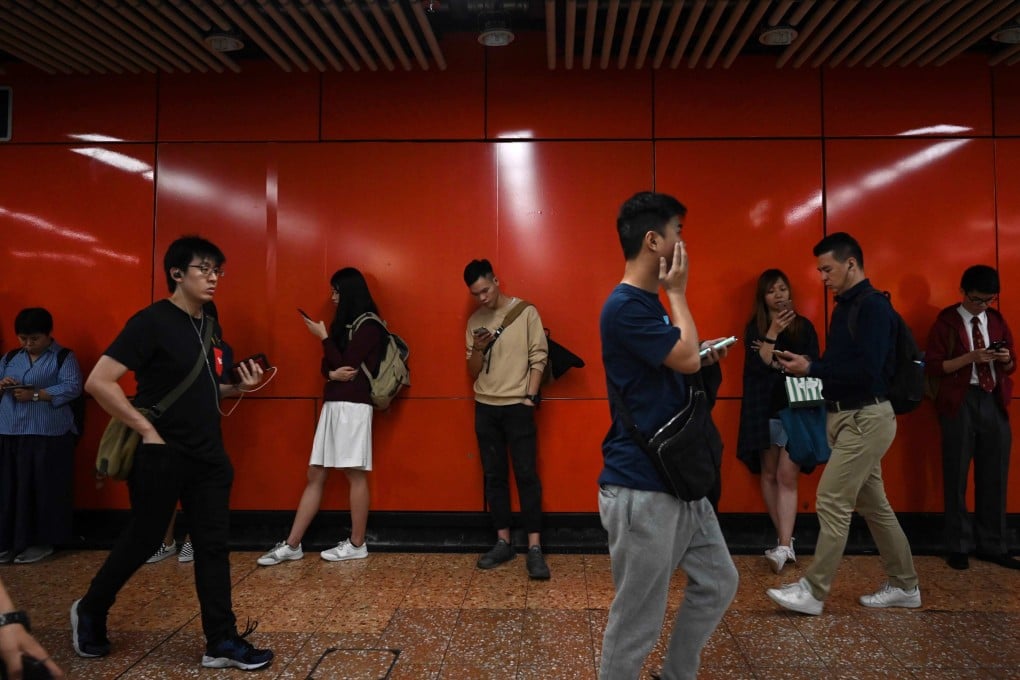Opinion | Regulate the use of digital media for better mental health in Hong Kong
- Societies confronting the malaise of internet addiction should not leave it to the individual to overcome the problem
- Policymakers should intervene by restricting screen time for students, limiting access to app stores and curbing adverts

Mental health is a concern in Hong Kong. The city scored a record low on one mental health index in 2020, while a University of Hong Kong survey in August that year found 75 per cent of respondents reporting signs of moderate to severe depression.
Perhaps unsurprisingly, in one index this year, Hong Kong ranks among the worst cities for financial stress (8th) and social security (3rd). And one of the more insidious and commonly overlooked contributors to the mental health crisis is our addiction to mobile devices. It is time to confront it.
Hongkongers spend upwards of seven hours a day on the internet, two on social media. Such self-reported figures are undoubtedly underestimates. Given the city’s long working hours, much online media is consumed at work.

Understanding how this addiction was engineered should motivate appropriate policy intervention for the public good. As an undergraduate, I studied the psychology of mind control. Taught by the mastermind behind the Stanford prison experiment, Dr Philip Zimbardo, the course was rooted in behavioural insights from charismatic dictators, cult leaders and advertising geniuses.
